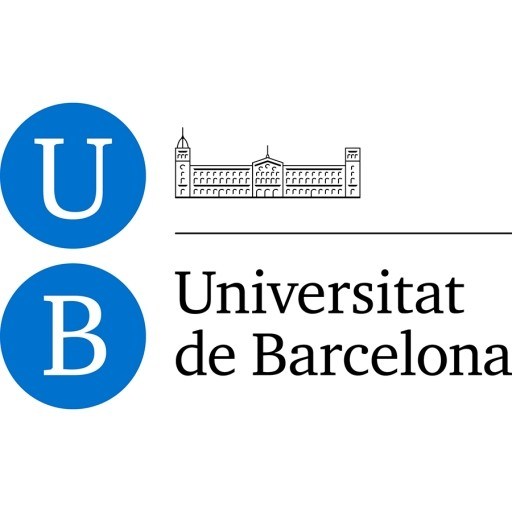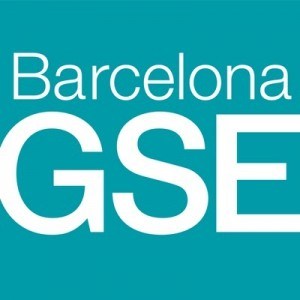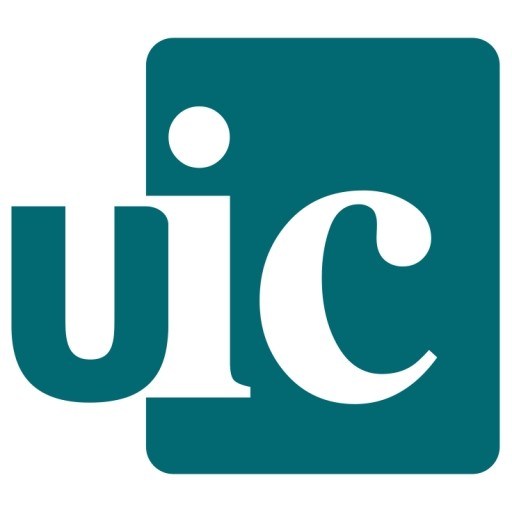Photos of university / #unibarcelona
Cognitive Science and Language at the University of Barcelona offers a comprehensive interdisciplinary program designed to explore the fundamental aspects of human cognition and language processes. This degree combines insights from psychology, linguistics, neuroscience, computer science, philosophy, and anthropology to provide students with a holistic understanding of how the mind perceives, processes, and produces language, as well as broader cognitive functions. Throughout the course, students engage with various theoretical frameworks and experimental methodologies to analyze phenomena such as language acquisition, comprehension, speech production, memory, perception, and reasoning. The program emphasizes both linguistic structures and cognitive mechanisms, fostering skills in critical thinking, data analysis, and scientific research. Students will have opportunities to participate in practical laboratories, computational modeling, and collaborative research projects, preparing them for careers in academia, cognitive and linguistic research, artificial intelligence, language technology, and related fields. The curriculum is designed to be flexible, allowing students to tailor their studies according to their interests, whether in experimental psychology, computational linguistics, or neurocognitive science. Graduates will be equipped with a solid foundation of knowledge and practical skills to contribute to advancements in understanding human cognition and language, both in academic settings and applied industries. The program also benefits from the university’s strong research environment and extensive academic resources, ensuring students are engaged with current scientific debates and technological innovations in the field. By integrating theoretical knowledge with empirical practice, the Bachelor’s in Cognitive Science and Language prepares students to analyze complex cognitive and linguistic phenomena, fostering a deeper appreciation of the intricacies of the human mind and communicative processes.
The CCiL Master has three different branches: Psychology (Models cognitius de Processament del Llenguatge), Linguistics (Teoria Gramatical i Processament Lingüístic) and Philosophy (Lògica i Filosofía).
The student has to apply to one of these branches.
To fulfill the requirements of the master, each student must take 60 credits, divided as following:
- 15 credits (3 courses) of common courses.
- 15 credits (3 courses) of mandatory courses of the selected branch.
- 15 credits (3 courses) of optional courses.
- 15 credits of a final research paper.
The admission committee may require the student to take between 6 and 30 additional credits from background courses, depending on the adequacy of the previous studies of the applicant to the branch
Common mandatory courses
- Foundations and Structure of Language
- Mental Architecture and Basic Processes
- Topics in Philosophy, Language and Cognition
Mandatory Philosophy courses
- Advance Issues in Cognitive Sciences and Philosophy
- Philosophy of Cognitive Sciences
- The Nature of Language
Optional Philosophy courses
- Foundations of Philosophy of Science
- Philosophical Logic
- Topics in Epistemology
- Topics in Ontology
- Topics in Philosophy of Mind
- Topics in Semantics and Pragmatics
Mandatory Linguistics courses
- Advanced Issues in Cognitive Science and Linguistics
- Contrastive Linguistics
- Interdisciplinary Applications of Linguistic Concepts
Optional Linguistics courses
- Computational Morphosyntax
- Empirical Linguistics
- Grammar and its Interfaces
- Linguistic Variation
- Topics on Lexical Semantics
- Topics on Natural Language Processing
Mandatory courses of Psychology
- Advanced Issues in Cognitive Science and Psychology
- Developing Speech, Language and Cognition
- Topics in Psychology, Language and Cognition
Optional Psychology courses
- Cognitive Models of Syntactic Processing
- Language Processing in Bilinguals
- Perception, Action and Consciousness
- Statistical Methods for Research
- Topics in Perception
- Topics in Speech Processing
Requirements
- An official Spanish degree.
- A degree issued by a higher education institution within the European Higher Education Area framework that authorizes the holder to access university master's degree courses in the country of issue.
- A qualification from outside the framework of the European Higher Education Area. In this case, the qualification should be recognized as equivalent to an official Spanish degree. If it is not recognized, the University of Barcelona shall verify that it corresponds to a level of education that is equivalent to official Spanish degrees and that it authorizes the holder to access university master's degree courses in the country of issue. Admission shall not, in any case, imply that prior qualifications have been recognized as equivalent to a Spanish master's degree and does not confer recognition for any purposes other than that of admission to the master's degree course.
- Applicants should hold a bachelor's degree or equivalent undergraduate degree in psychology, philosophy, linguistics, translation and interpreting, or philology. Holders of a bachelor's degree or equivalent undergraduate degree in a related discipline (humanities, biology, medicine, computer science, mathematics, etc.) may be required to complete up to 30 credits of bridging subjects, at the discretion of the Admissions Committee.
- Academic record for previous studies
- Statement of interest
- Curriculum vitae
- Students who are interested in taking the specialization in international economic law must have at least a B2 level of English, as this specialization is taught entirely in English.
Scholarships
- General grant
- Mobility grant – Erasmus
- UB collaboration grant
- Departmental collaboration grant (MECD)
- MAEC-AECID grants
- Financial aid for participation in international mobility programs
- UB grants for exchanges with foreign universities
- UB grants for Els Juliols summer courses
- Drac Program grants
- Ajuts de matrícula per als estudiants amb circumstàncies personals sobrevingudes
The Bachelor's Degree in Cognitive Science and Language at the University of Barcelona is an interdisciplinary program designed to explore the complex interactions between language, cognition, and brain function. This program aims to provide students with a comprehensive understanding of how humans acquire, process, and produce language, alongside the cognitive mechanisms that support various mental functions.
Throughout the course of study, students engage with a broad curriculum that covers topics from linguistics, psychology, neuroscience, computer science, and philosophy. The program supports the development of both theoretical knowledge and practical skills, including experimental design, data analysis, and computational modeling. Students have the opportunity to participate in laboratory work, research projects, and internships that provide real-world experience and enhance their understanding of cognitive processes and language mechanisms.
The program also emphasizes the importance of interdisciplinary approaches, encouraging students to synthesize insights from different fields to address complex questions about cognition and language. This approach prepares graduates for careers in research, psychotherapy, language therapy, artificial intelligence, and education, among other fields. It also offers a solid foundation for those interested in pursuing graduate studies or academic careers.
The teaching faculty consists of experts in cognitive psychology, linguistics, neuroscience, and computer science, providing students with diverse perspectives and expertise. Additionally, the university’s facilities include advanced laboratories for neuroimaging, psycholinguistics, and computational modeling, ensuring students have access to state-of-the-art technology.
Graduates of this program are equipped with critical thinking skills, scientific methodology expertise, and a deep understanding of the neural bases of cognition and language. They will be able to analyze, interpret, and contribute to current research and development in fields related to human language and cognitive science. The program's curriculum is designed to balance theoretical foundations with practical experiences, fostering versatile and well-rounded professionals ready to meet the demands of a rapidly evolving technological and scientific landscape.





